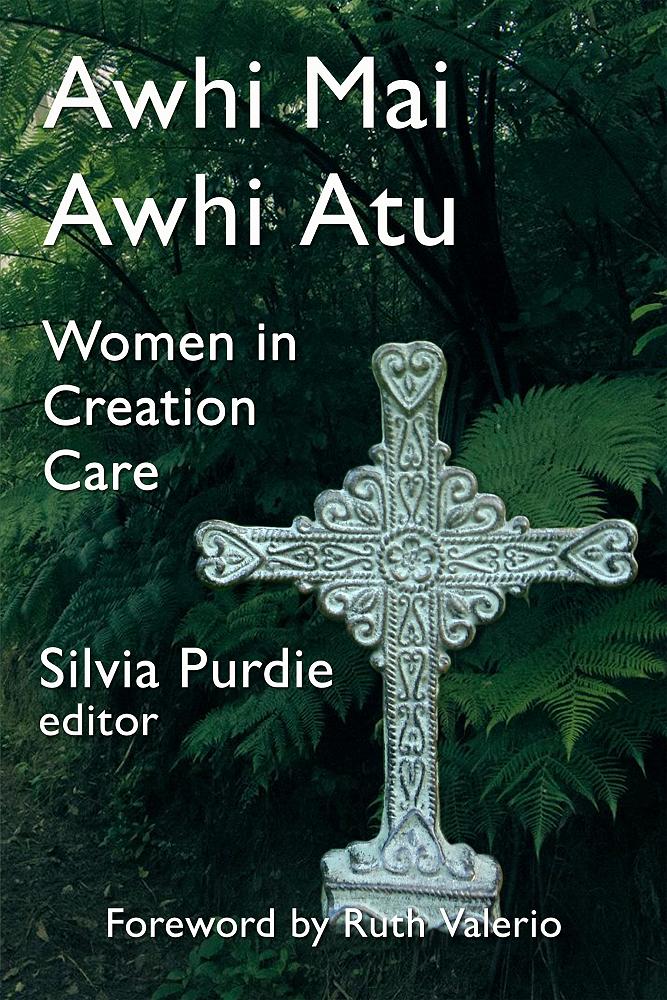
Awhi Mai Awhi Atu: Women in Creation Care
A review of a book by Silvia Purdie, published by Philip Garside Publishing. 2022. 342 pages. Reviewed by Garth Cant.
Silvia Purdie is a theologian and an enabler of action for the environment. In 2020 she interviewed local environmental groups asking: “What are you doing in your life?”Awhi Mai Awhi Atu: Women in Creation Care is one outcome of these encounters. Silvia tells the stories of 30 women who have two things in common: they are passionate about their Christian faith, and deeply involved in caring for creation. He wahine kaha, he wahine tūmanako: they are strong and vigorous women, filled with hope. And these 30 women stand on the shoulders of a multitude of other women, some older and some younger.
The women are diverse in ages, cultures, and life experience. They are grounded in places, but their lives have been enriched by work in other places, and participation in projects, locally or across the globe. Each one occupies a unique niche on the action spectrum.
Ani Kartikasari, for example, came from Indonesia and Bogor University to study at Lincoln University. She now combines Chaplaincy with the nurturing of small businesses that enable sustainability and promote green consumption.
Jill McDonald is a Parish Minister in Hastings. The people in her parish have made links between social justice and sustainability. They are working to put solar panels on the roofs of 46 homes owned by Māori on low incomes.
Jenny Campbell, Ngāi Tahu, is from Murihiku. She has taken her theology and her political skills into Coal Action Network Aotearoa, and persuaded her three-tikanga Anglican Church to divest from fossil fuels.
The core message of Awhi Mai Awhi Atu is carried by the stories, however the book is rich in other resources, a veritable action and reflection handbook. Each of the women featured has provided a karakia, a poem, or a song. And the women provide more than 80 action points. “Set up a community food cupboard” urges Honey Thrupp. “Rescue food” says O’Love Uluave. At every point the book enlarges practicalities, and models networking.
Thank you, Silvia Purdie, for introducing us to these wahine toa, and for crafting a volume which delights in te reo, and is filled with hope. He iti rā, he iti mapihi pounamu. Although small, this book contains great treasure.
Print $35, e-book $20.
